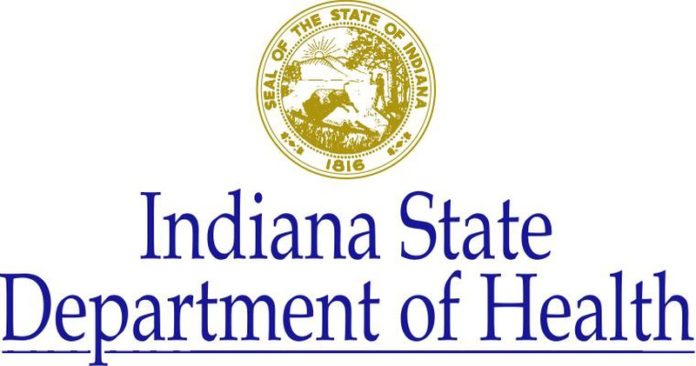Indiana has been lucky to have only one person confirmed with the measles, said Dr. Richard Feldman, an expert on vaccinations and former director of the Franciscan Health Family Medicine Residency Program and former Indiana State Health commissioner.
Feldman said misinformation that proliferates on the internet and in communities, about supposed dangers of vaccinations, has caused some people to refrain from getting their children their shots.
“To keep up what we call the herd immunity or community immunity, we need a large percentage, usually like 90 percent of people in a community to be vaccinated,” said Feldman. He said small children who are too young to be vaccinated are protected when most of the community is. It’s called cocooning.
But, he said a subculture of people who refuse vaccinations endangers that. He said pseudoscience comes from a variety of sources and diffuses into the community.
“There are myths out there that are being perpetuated.”
Feldman said he has no doubt that vaccines are safe. He acknowledged that some vaccines, as with many medicines, have side effects. But, they do not rise to the level of threats like autism, one of the conditions that some people claim can arise from vaccines.
He said that Indiana could have a much bigger problem from the measles if more people reject the vaccines.
“Any time you have a pocket of unvaccinated individuals, that puts the entire community at risk,” said Feldman. “I think by and large, Hoosiers are pretty well-accepting of immunizations.”
He said that some young people are lucky enough never to have seen the diseases for which people are being vaccinated. They’ve never heard the cries of infected children, or lived in fear of going out to public places because of polio.
“The very success of immunizations, vaccinations, the elimination of disease, makes the value of vaccines invisible.”
Feldman said a trip through an old cemetery, with the grave stones of young people who died from diseases for which we can now vaccinate, might make an impression.





